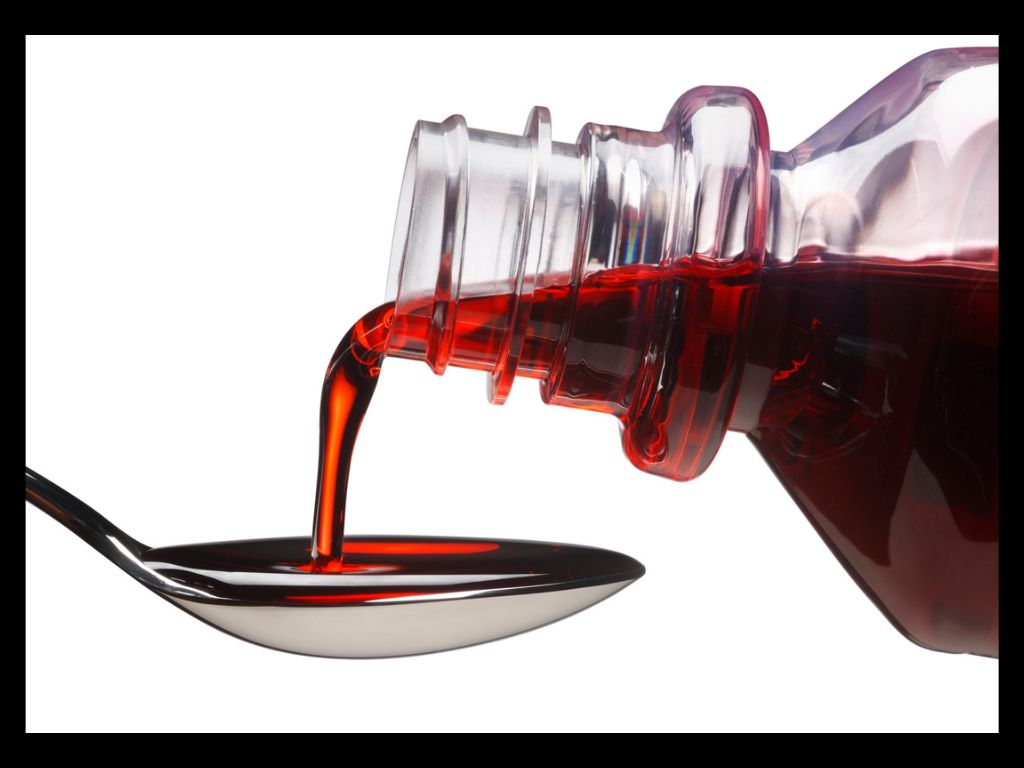- Saturday, April 20, 2024

By: Shubham Ghosh
Indian authorities have scrapped the manufacturing license of a company whose cough syrups were linked to deaths of 18 children in the central Asian nation of Uzbekistan a few months ago.
In January, the World Health Organisation (WHO) had warned against the use of the syrups manufactured by Marion Biotech, which is based in Noida in the northern state of Uttar Pradesh, saying their standard was below par. The company’s license was also suspended the same month.
Marion Biotech denied the charges.
On Wednesday (22), the government of Uttar Pradesh said they were “permanently” cancelling the pharmaceutical company’s license, reports said.
“The firm based in Noida city cannot carry out any manufacturing now,” drug inspector Vaibhav Babbar was quoted as saying by India’s Hindustan Times daily.
India is the world’s biggest exporter of generic medicines, meeting much of the medical requirements of developing nations but in recent months, a number of firms in the South Asian country have come under the scanner over the quality of their drugs with experts questioning the manufacturing practices followed while making the drugs.
The latest action against Marion Biotech came after tests conducted by a government laboratory last December found 22 drug samples of the firm’s cough syrup to be “adulterated and spurious”.
“The adulterated and spurious drugs can cause grievous hurt to the public and it is suspected that related material/records may be disposed of,” Asheesh Kaundal, inspector, India’s Central Drugs Standard Control Organisation, said in his complaint.
Earlier in March, the Uttar Pradesh Police had also arrested three staff members of the company on grounds of selling adulterated products.
India launched a probe against Marion Biotech after the world health body raised a global medical alert, linking the deaths of 18 children in Uzbekistan to the firm’s Dok-1 Max and Ambronol cough syrups.
According to WHO, an analysis by the Uzbek health ministry’s quality control laboratories had discovered “unacceptable amounts” of Diethylene glycol and ethylene glycol in the drugs.
In October last year, the WHO had also sounded a global alert and linked four cough syrups made by India’s Maiden Pharmaceuticals to the deaths of 66 children from kidney injuries in The Gambia..
Both the Indian government and the company denied the allegations.
![]()